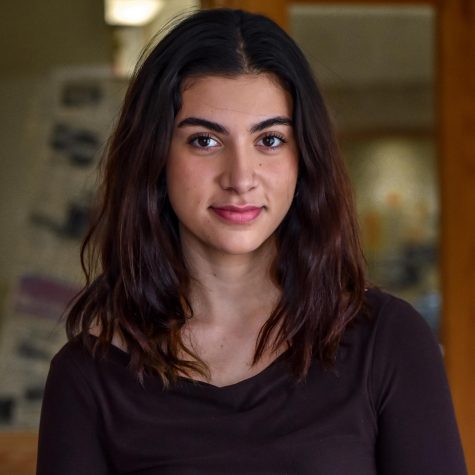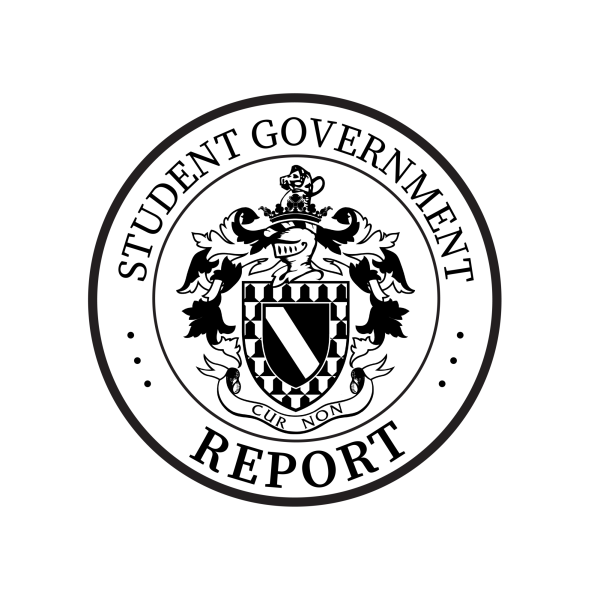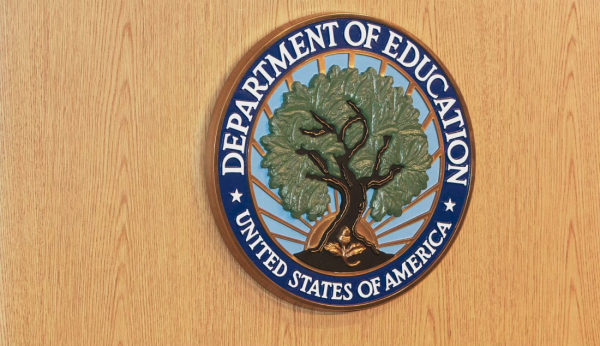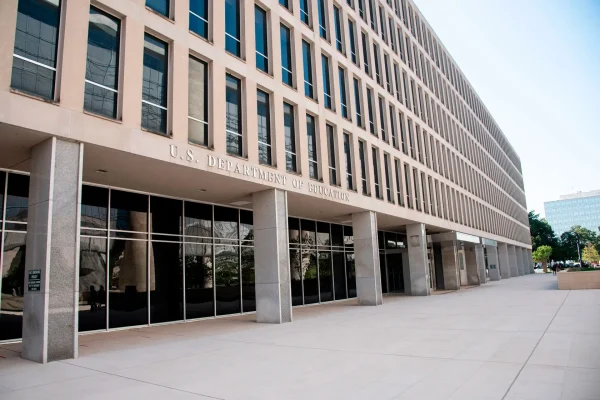Study abroad interim trips ready for takeoff despite Omicron variant
December 10, 2021
Recently, countries around the world have been cautioning international travel due to the rise in the Omicron variant of COVID-19, designated as a “variant of concern” by the World Health Organization on Nov. 26. This has created new hurdles for Lafayette students who are planning to travel abroad. As of now, however, none have been canceled.
At Lafayette, there are 93 students slated to participate in four different interim trips during the winter term to places across the globe: Hawaii, Senegal, Rome and London and Dublin. Interim trips are a way for students to study abroad without being away from campus for an entire semester, as trips in the winter term last only 3-4 weeks in January.
Rochelle Keesler, director of International & Off-Campus Education, wrote in an email that the department is continuing to monitor the COVID-19 situation, including the number of positive cases reported abroad, emerging variants of concern and changing immigration requirements and restrictions for different countries.
“When reviewing the viability of a program, we look at a number of factors including advice from our travel partners in the country, information from our government agencies and the host country’s government agencies, information from our international insurance provider among other factors,” Keesler wrote in an email.
Keesler added that if the variant got to a certain level of concern, the programs may have to utilize alternate ways of delivering the interim session. While this is not their goal or intention currently, it is something they will keep in mind while tracking the Omicron variant.
“If the conditions in the country were such that we were unable to effectively deliver the program learning outcomes and meet our standards for health, safety, and security, we could consider other modes of delivery which might include alternate itineraries, delayed departure, hybrid modes of content delivery, or program cancellation,” Kessler wrote.
Students who are going on the Senegal interim trip had a meeting with Director of Health Services Dr. Jeffrey Goldstein and Keesler, where, as Lauren Ameruoso ’22 noted, Goldstein “highly encouraged that everyone gets their booster shot before going abroad.”
Becca Wilts ’23, who is signed up for the interim trip to London and Dublin, does not like the uncertainty surrounding the whole situation.
“It’s also very frustrating because I had chosen not to apply for some internship opportunities over winter break because I had planned to go abroad during this interim period, and now with the possibility of my trip being canceled, I feel like I may have wasted opportunities,” Wilts wrote in an email.
Sofia Khalek ‘22, who is going on a trip to Rome this winter with professors in both the arts and classics departments, said that she is very worried about the new variant. During the 18-day trip, which begins in Munich and ends in Naples, student participants will be required to wear masks almost the entire time as well as submit to frequent testing to ensure negative results.
Khalek is hopeful about the outcome of the trip, despite realistic expectations including potential cancellations, which happened to her last proposed trip abroad last spring.
“I do not feel completely comfortable studying abroad, but also with the booster shot I am not as worried about getting sick myself, and I am excited about the opportunity and privilege that I would have to travel to Europe,” Khalek said. “I know, however, that this will likely not be the study abroad trip that I have always imagined myself having while in college.”
Different countries have varying degrees of restriction on travel within and across their borders, such as Europe’s requirement of a Green Pass that informs restaurants and other places of business that an individual is vaccinated. In terms of additional requirements that Lafayette has placed on students studying abroad, Keesler wrote that in some situations where masking is not mandated, faculty may implement their own requirements, as well as provide testing before program departure in situations where a negative covid test is not required for immigration.













































































































